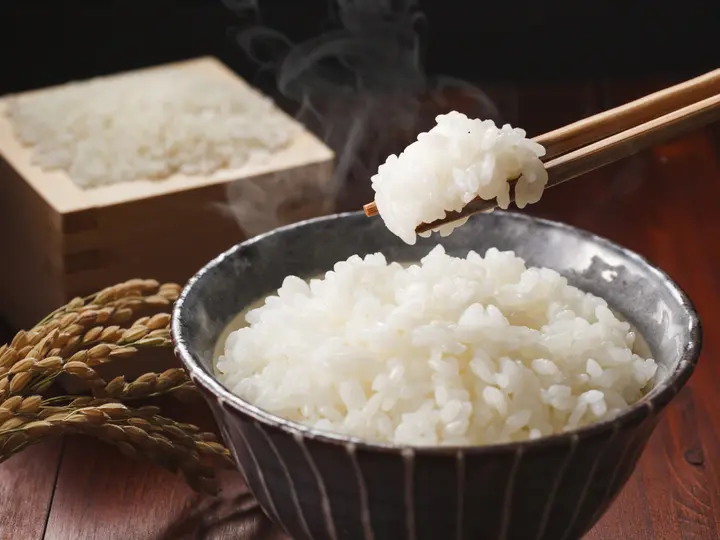Japanese Consumers Shift to Rice Alternatives Amid Soaring Prices

Surging rice prices and growing consumer frugality are reshaping dining habits in Japan, with many adding glutinous barley to rice or switching to alternatives like bread and pasta. According to Japan’s Ministry of Agriculture, the average price for a 5-kilogram bag of rice in supermarkets reached 4,214 yen ($29) in early April 2025, more than double the price from the same period last year. This dramatic increase is pushing consumers to seek cost-effective options to maintain their food budgets.
To address rising costs, the Lawson convenience store chain introduced new onigiri rice balls incorporating glutinous barley, which partially replaces white rice, at 130 stores in the Tokyo metropolitan area starting April 23. Known for its sticky texture and high dietary fiber content, glutinous barley is also used in Lawson’s bento boxes. Its greater volume—100 grams of barley combined with two cups of rice yields three cups of product—allows Lawson to maintain onigiri prices. Hakubaku, a glutinous barley manufacturer, reported year-on-year sales growth for 11 consecutive months through March 2025 and expanded production by operating its plant on Saturdays starting April 12.
The price surge is driving consumers toward alternatives. A February 2025 survey by TrueData showed a 24% increase in annual sales of frozen pizza and gratin and a 20% rise for macaroni in grocery supermarkets, while rice sales dropped by 10%. A 70-year-old Tokyo resident noted she now buys more noodles, and a taxi driver from Chiba Prefecture said he switched to bread for breakfast and eats pasta several times a week. Imports are partially offsetting the supply shortfall, with Japan importing nearly 40% of its 2023 fiscal year rice import volume in February 2025 alone.
The agricultural sector faces significant challenges. Farmer Mori Michihiro from Kushima City, Miyazaki Prefecture, who now grows only table rice, told NHK that Japan’s long-standing rice production control policies have had severe consequences. He noted that rice prices between cooperatives and farmers have barely risen, while soaring fuel and equipment costs make profitability elusive. Many farmers have retired due to age, limiting production expansion. Mori believes significantly increasing yields in the near future will be difficult.
These shifts highlight profound challenges for Japanese society and its economy. Consumers are adapting by choosing more affordable foods, while farmers grapple with low profitability. Without reforms in agricultural policy and price stabilization, Japan risks further declines in rice production, threatening the food security of a nation where rice remains a cornerstone of culture and diet.
For almost 30 years of expertise in the agri markets, UkrAgroConsult has accumulated an extensive database, which became the basis of the platform AgriSupp.
It is a multi-functional online platform with market intelligence for grains and oilseeds that enables to get access to daily operational information on the Black Sea & Danube markets, analytical reports, historical data.
You are welcome to get a 7-day free demo access!!!
Write to us
Our manager will contact you soon



